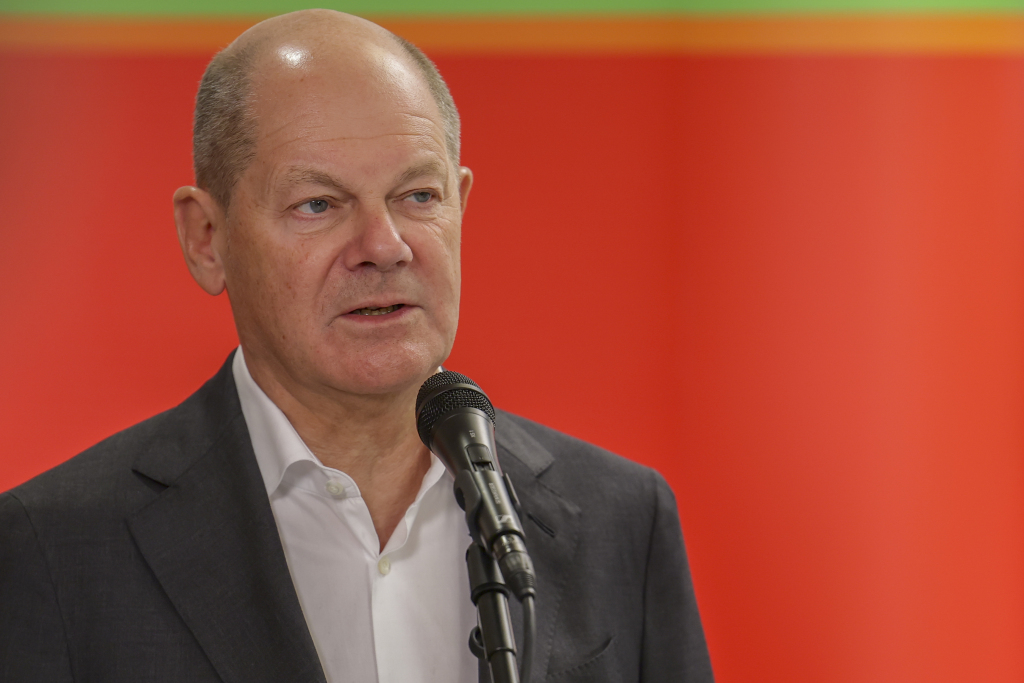President-elect Donald Trump’s expansionist rhetoric—suggesting the incorporation of Canada, Greenland, and the Panama Canal into the U.S.—has alarmed European leaders. While some have taken a measured approach in their responses, analysts warn that his words could strain U.S.-European relations and undermine global stability.
European leaders respond cautiously

European leaders have largely dismissed the likelihood of Trump using military force to annex Greenland or other territories. Italian Premier Giorgia Meloni stated, “I think we can exclude that the United States in the coming years will try to use force to annex territory that interests it.”
German Chancellor Olaf Scholz offered a careful rebuke, emphasizing, “Borders must not be moved by force,” without directly naming Trump.
Greenland’s Prime Minister Múte B. Egede affirmed the territory’s preference to remain independent but expressed openness to increased cooperation with the U.S. Danish Prime Minister Mette Frederiksen reinforced Denmark’s alliance with the U.S., calling it “our closest ally.”
French Foreign Minister Jean-Noël Barrot viewed Trump’s remarks as a signal of shifting global dynamics, remarking, “We’re entering into a period that sees the return of the law of the strongest.”
Concerns over international norms
Trump’s remarks conflict with principles that have shaped international relations since World War II, particularly the norm that powerful nations cannot unilaterally annex others. Ukrainian President Volodymyr Zelenskyy echoed this sentiment, highlighting the global importance of preserving territorial integrity.
Analysts worry that Trump’s rhetoric could destabilize NATO and trans-Atlantic relations. Flemming Splidsboel Hansen of the Danish Institute for International Studies described the remarks as “political bravado” but noted that “damage has already been done,” adding, “I really cannot remember a previous incident like this where an important ally … would threaten another NATO member state.”
Strategic motivations
Trump’s focus on Greenland, the Panama Canal, and Canada appears to align with U.S. security interests, particularly in countering China. Greenland’s vast reserves of rare earth minerals, critical for advanced technologies, have become a strategic priority as China dominates global supplies.
Paris-based analyst Alix Frangeul-Alves noted, “Any policy made in Washington is made through the lens of the competition with China,” linking Trump’s comments to his broader “Make America Great Again” agenda.
A dangerous precedent
Security experts have drawn parallels between Trump’s rhetoric and Russian President Vladimir Putin’s justifications for annexing Crimea in 2014. Alexander Khara, a security analyst in Kyiv, warned that suggesting borders are flexible sets “a completely dangerous precedent.” He added, “We’re in a time of transition from the old system based on norms and principles … heading to more conflicts, more chaos, and more uncertainty.”
Looking ahead
While Trump’s comments may not signal immediate action, their impact on global diplomacy and U.S.-European relations could be profound. As the international community grapples with these statements, the balance between strategic security interests and adherence to international norms hangs in the balance.